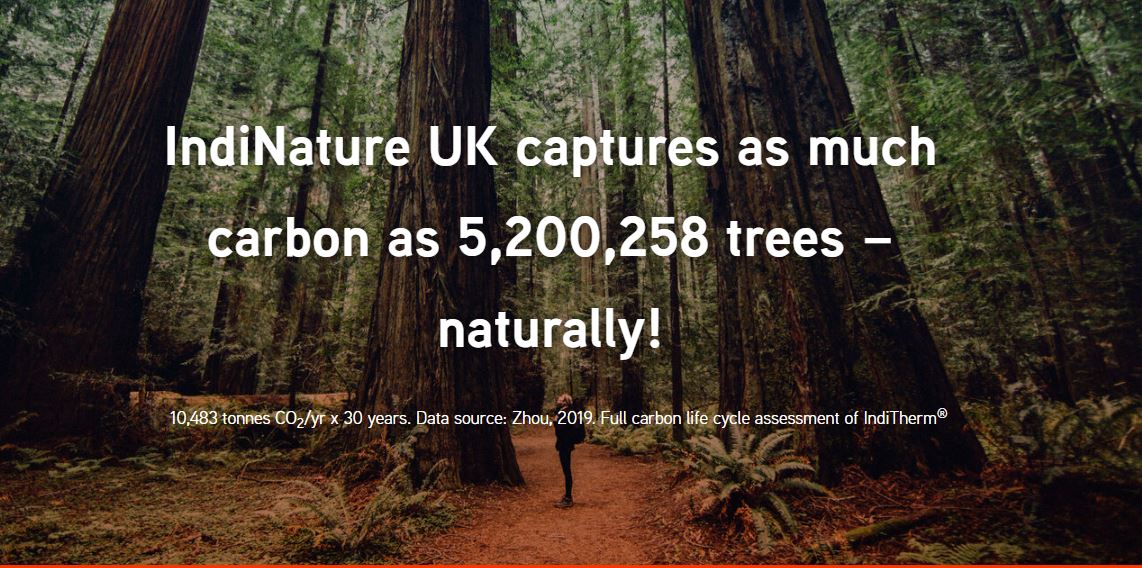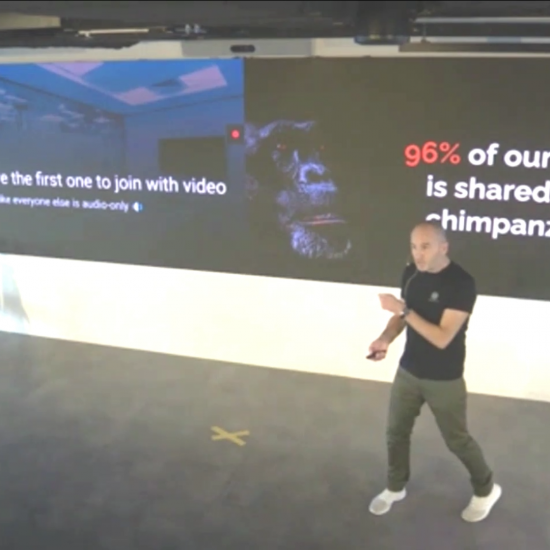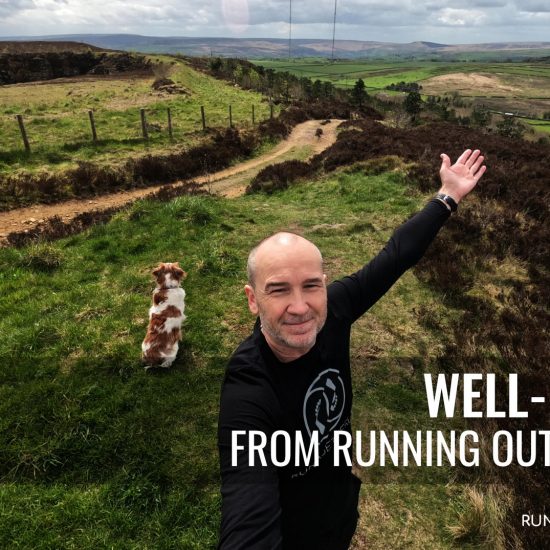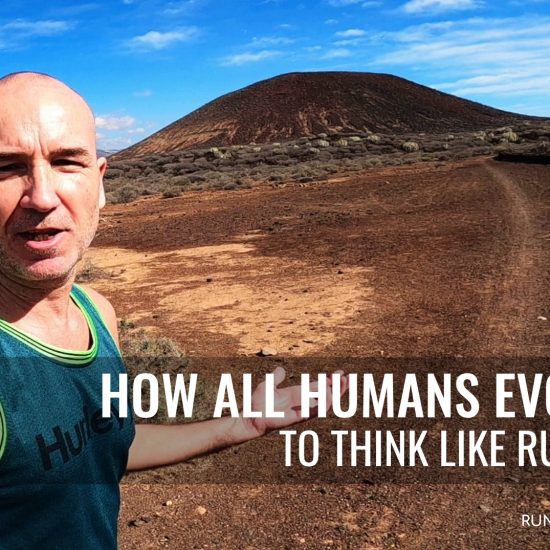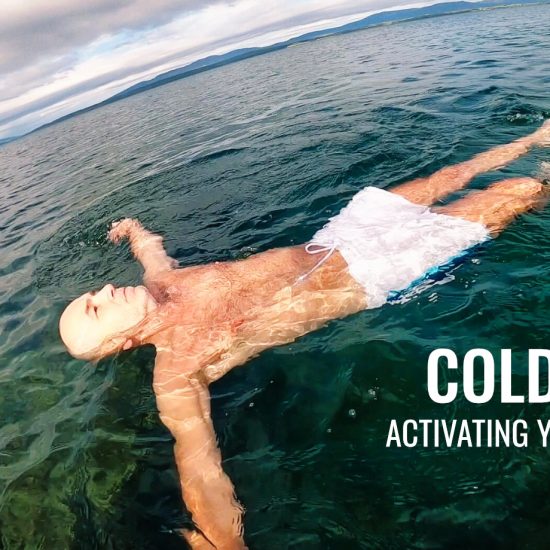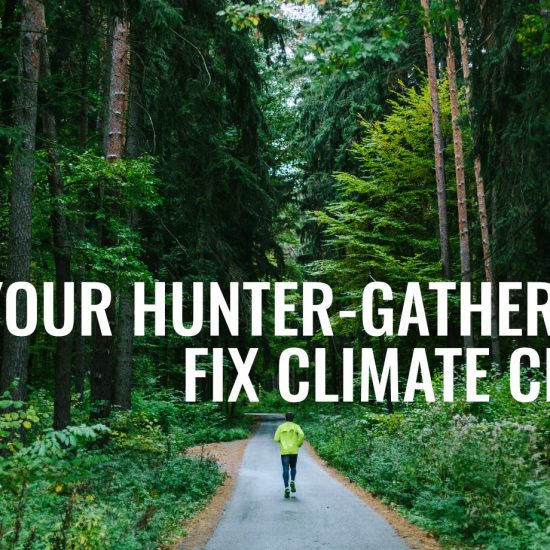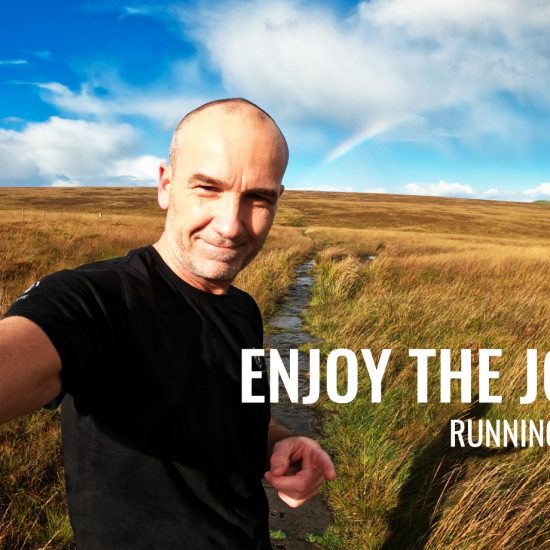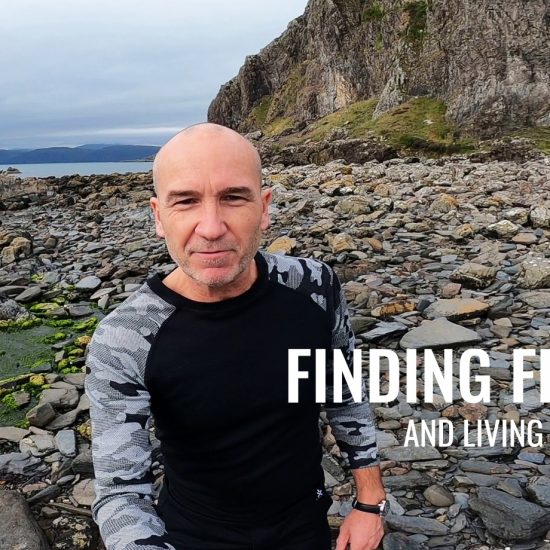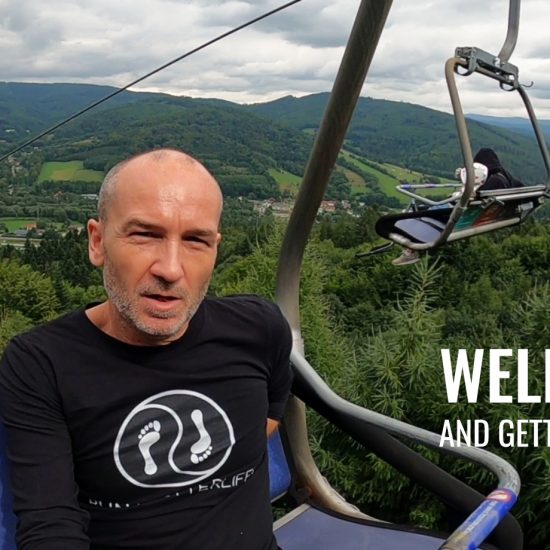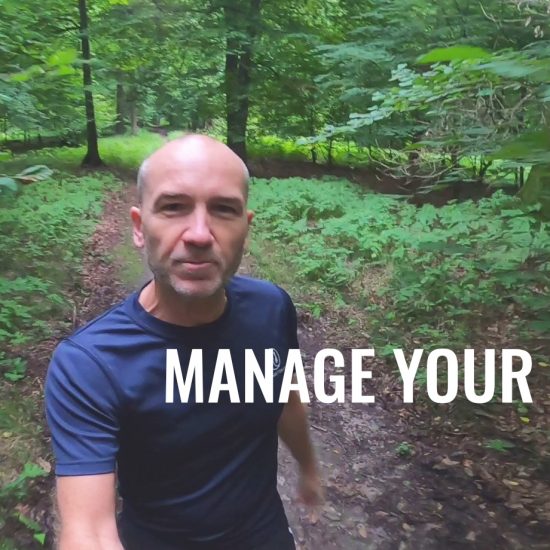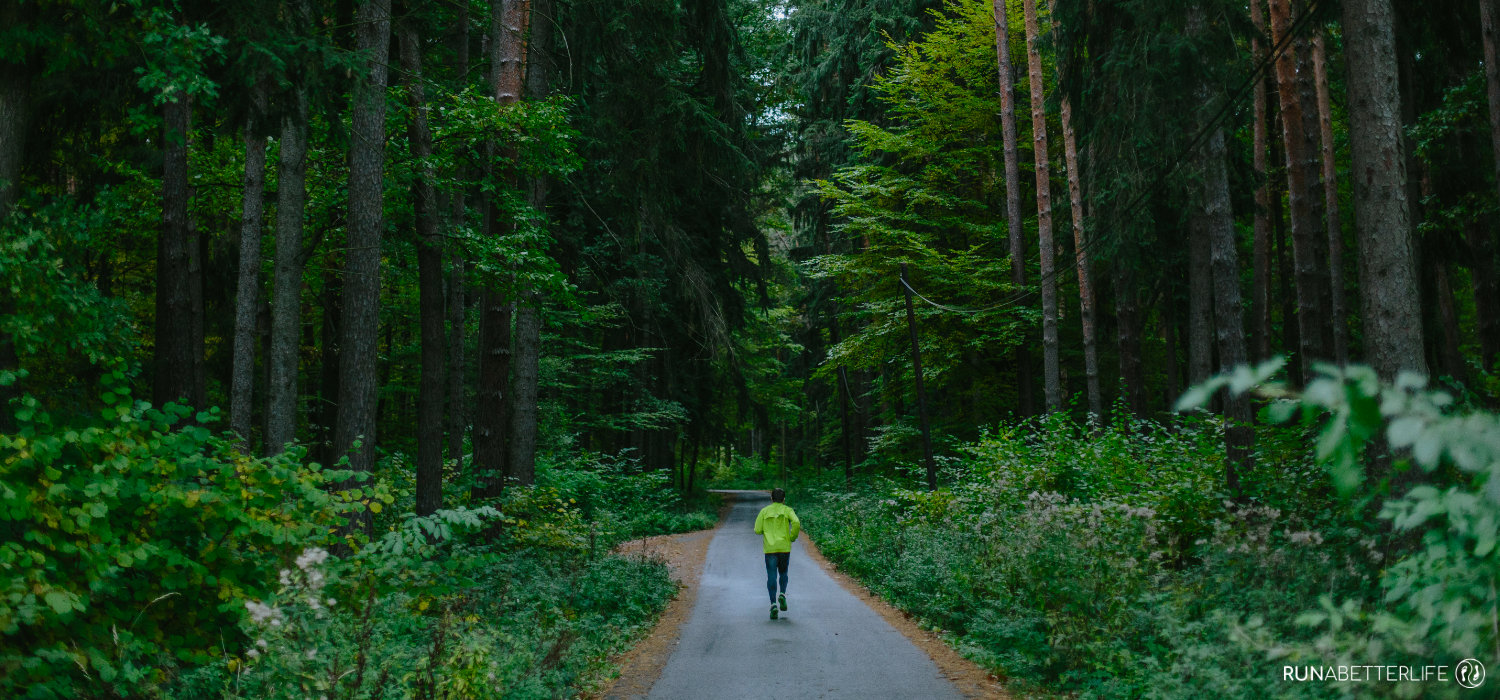
Can your hunter-gatherer DNA fix climate change?
Summary
● Our ancestors lived in harmony with nature for hundreds of thousands of years
● A massive societal change started about 7,000 years ago leading to pollution and the climate change issues we face today
● Going back to nature, being guided by our hunter-gatherer DNA, is the way forward
The end of hunter-gatherers
For hundreds of thousands of years our nomadic ancestors depended on the wild animals and plants around them for food, clothing and shelter.
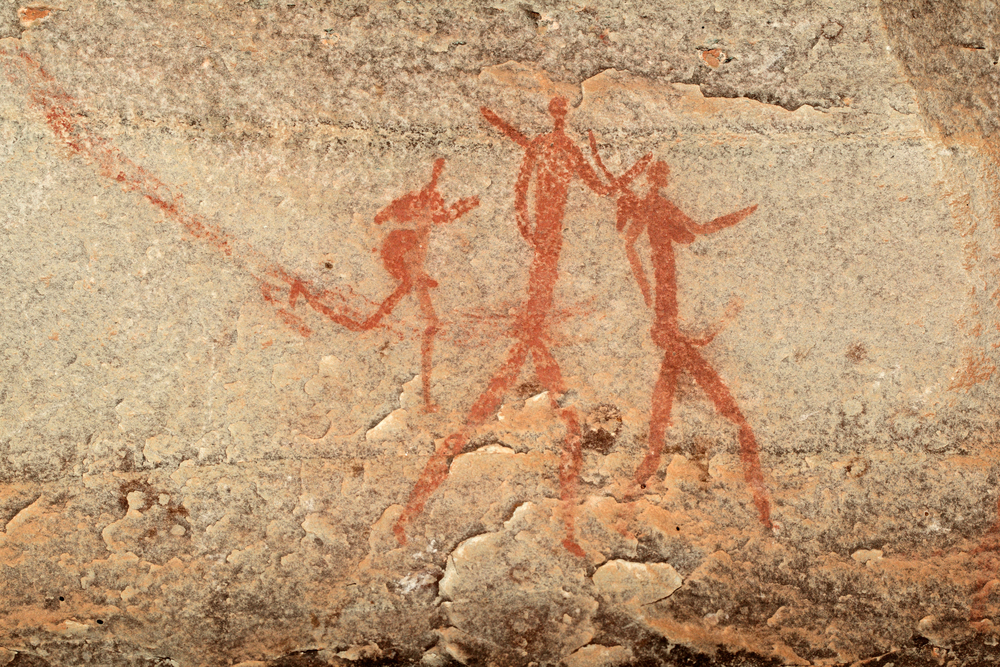
But then, about 5,000 BC, agriculture took over and a critical shift in human history began. People started living together in larger groups, in the same place.
Farming made people dependent on fewer crops, but could sustain larger groups, and populations started to increase. Modern architecture, industry and technology followed, further distancing modern humans from a natural way of living.
Rather than living within nature, people started to live outside of it.

Despite societal living bringing problems of congestion, pollution and disease – populations continued to grow at an unstoppable rate.
To support ever-increasing numbers, industrial societies exploited resources and destroyed large parts of the natural world causing climate change.
The way our hunter-gatherer ancestors viewed the natural environment, and their place in it, bears little resemblance to how modern, urban consumers view the world today.
The arrival of agriculture didn’t only domesticate animals such as pigs, cattle, sheep and horses – but humans as well.
It’s clear that global, industrial-scale change is now needed to have any hope of reversing climate change and repairing the damage caused.
A desire to do good
Although the size of the task is daunting, it doesn’t mean we can’t help at an individual level. Through collective responsibility every small action makes a difference.
When I left the corporate world earlier this year, I wanted to spend more time doing the things that were important for me. Rather than spending my time helping a few wealthy people to become richer, I wanted to focus on my own family and friends, my health and helping as many people as possible by sharing my ‘Run A Better Life’ concepts and way of life.
But I also wanted to do something that would directly benefit the planet.
Investing in nature for a better world
In a world where we need products that reduce carbon, rather than produce it, I discovered IndiNature. This small company based in Scotland, not far from Glasgow where COP26 took place, came to my attention because they are trying to reverse climate change by influencing the construction industry to adopt natural-fibre materials (such as hemp) in building projects.
The usage of traditional hemp is a throwback to the hunter-gatherer era, when dwellings were created from entirely natural products. More significantly, hemp-based products actually absorb carbon, so have a positive impact on the environment.
For these reasons I decided to invest time and personal savings to help IndiNature make that next step.
My logic was – “Why plant a single tree when I can help like-minded people plant the equivalent of 5 million?’.
As a member of their extended team and small investment community, it feels good to be involved in something worthwhile and meaningful.
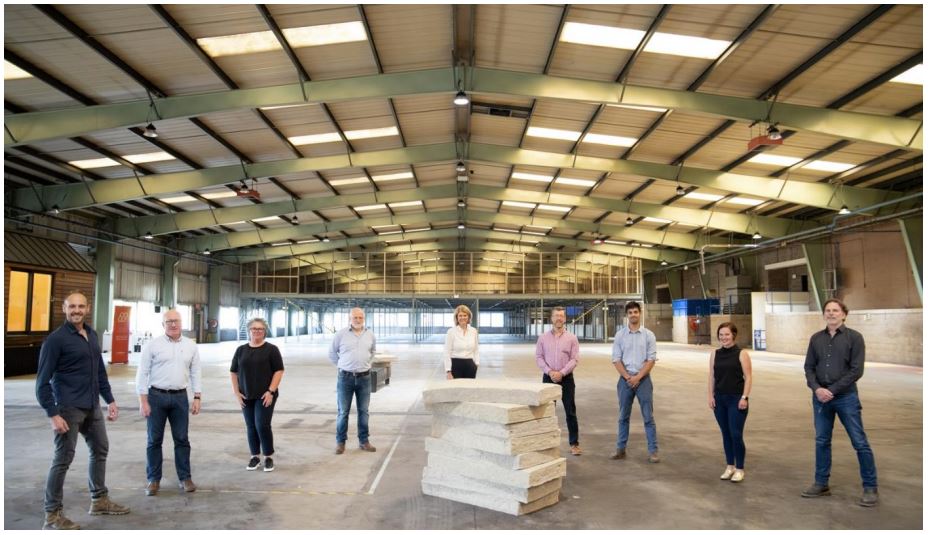
The big question for all
My decision to leave corporate work was a personal one, but we are seeing a trend as more and more people question what they do, and why they do it.
The pandemic provided an opportunity for many to reflect on what really matters in life.
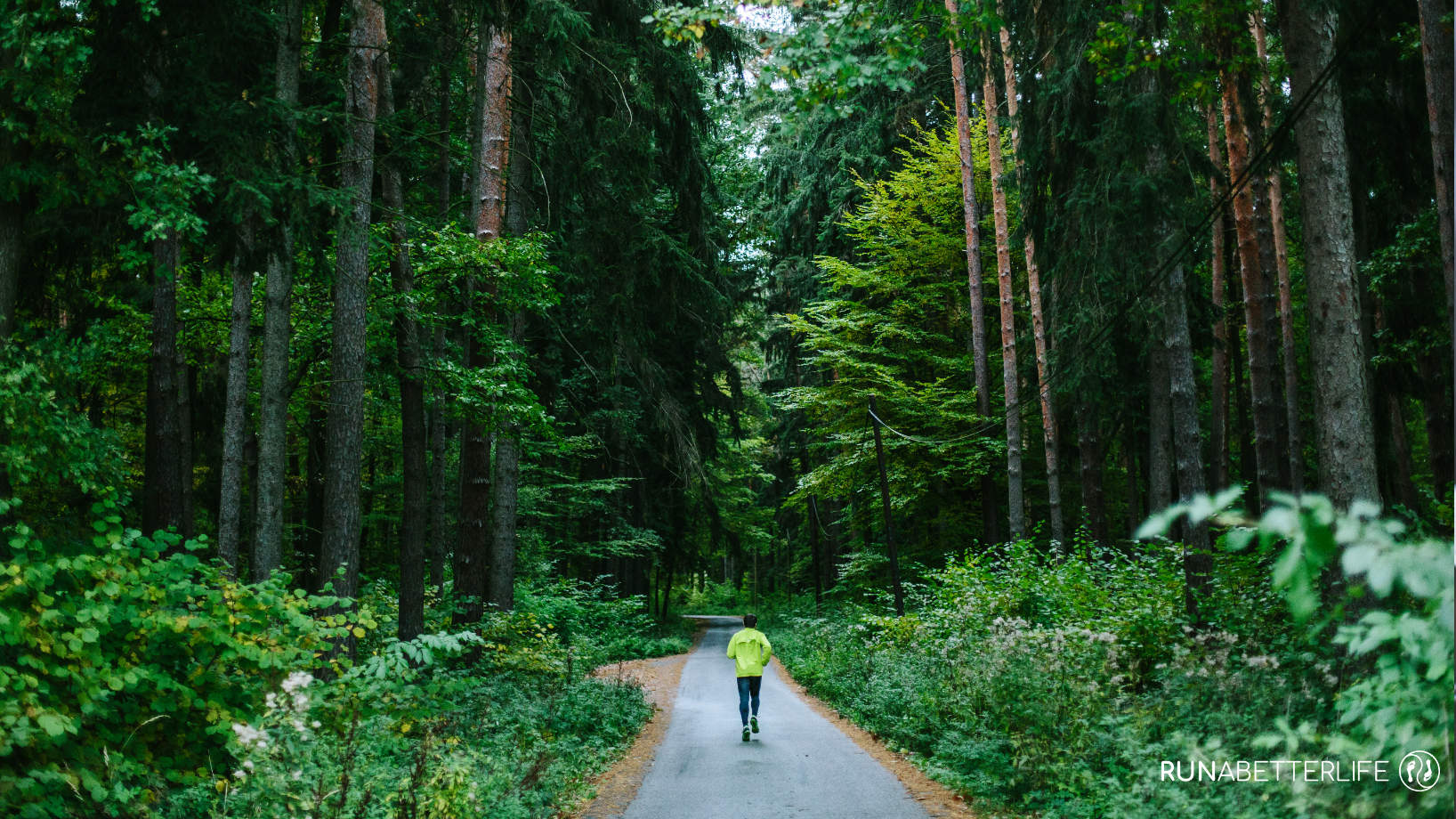
Many people are now making life-changing decisions on the basis of health, well-being and a desire to enjoy a better work-life balance through continued remote or home working.
But we’re also seeing a growing number of people changing their career and/or lifestyle because they want to invest their time doing something that makes the world a better place.
Investing ourselves where it really matters
When we run we experience a sense of purpose and feel satisfaction from doing something meaningful at a personal level.
It’s only natural that we should seek a similar sense of purpose and satisfaction in our daily life. When we work for a company that we believe in, because they are making the world a better place, it provides a purpose and meaning to our life.
On the other hand, if we only work to collect a paycheck, there will be little satisfaction gained from the hours we invest.
Similarly, outside of work, being selective as to where we invest our time, energy and money can be equally rewarding in terms of how we see the world, and our role in it.
What matters is not how much we take out of the system, but how much we are able to put back.
It’s in our DNA to care about nature
Today only a few remote tribes, like the San peoples in Africa, live a hunter-gatherer lifestyle. However, regardless of where we live, we are all descended from the same hunter-gatherer forebears – people who were still living in harmony with nature just a few thousand years ago. In evolutionary terms that is the blink of an eye.
For example, a local teacher in Somerset, UK can trace his DNA all the way back to the oldest skeleton ever-found in Britain – a hunter-gatherer who lived in the same area 9,000 years ago.
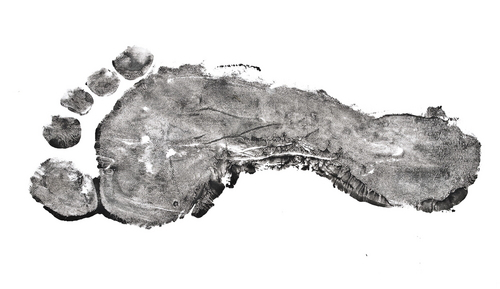
The short time gap, and DNA connections, demonstrate how close we are to our ancestral way of living. This is key because our brains, programmed over millions of years of evolution, are still hard wired to work in the same way as our outdoor-living predecessors.
This is why, whenever we are outside in natural surroundings, and especially when running, we somehow feel to be more ‘alive’. It’s a direct link back to our ancestral way of living.
Human beings evolved to exercise and to experience life outdoors, substantiated by the fact that humans (to this very day) are still the best distance running animals on the planet.
Despite the way many people spend the majority of their time, we are simply not designed for sitting indoors and experiencing an artificial life through digital screens and smartphones.
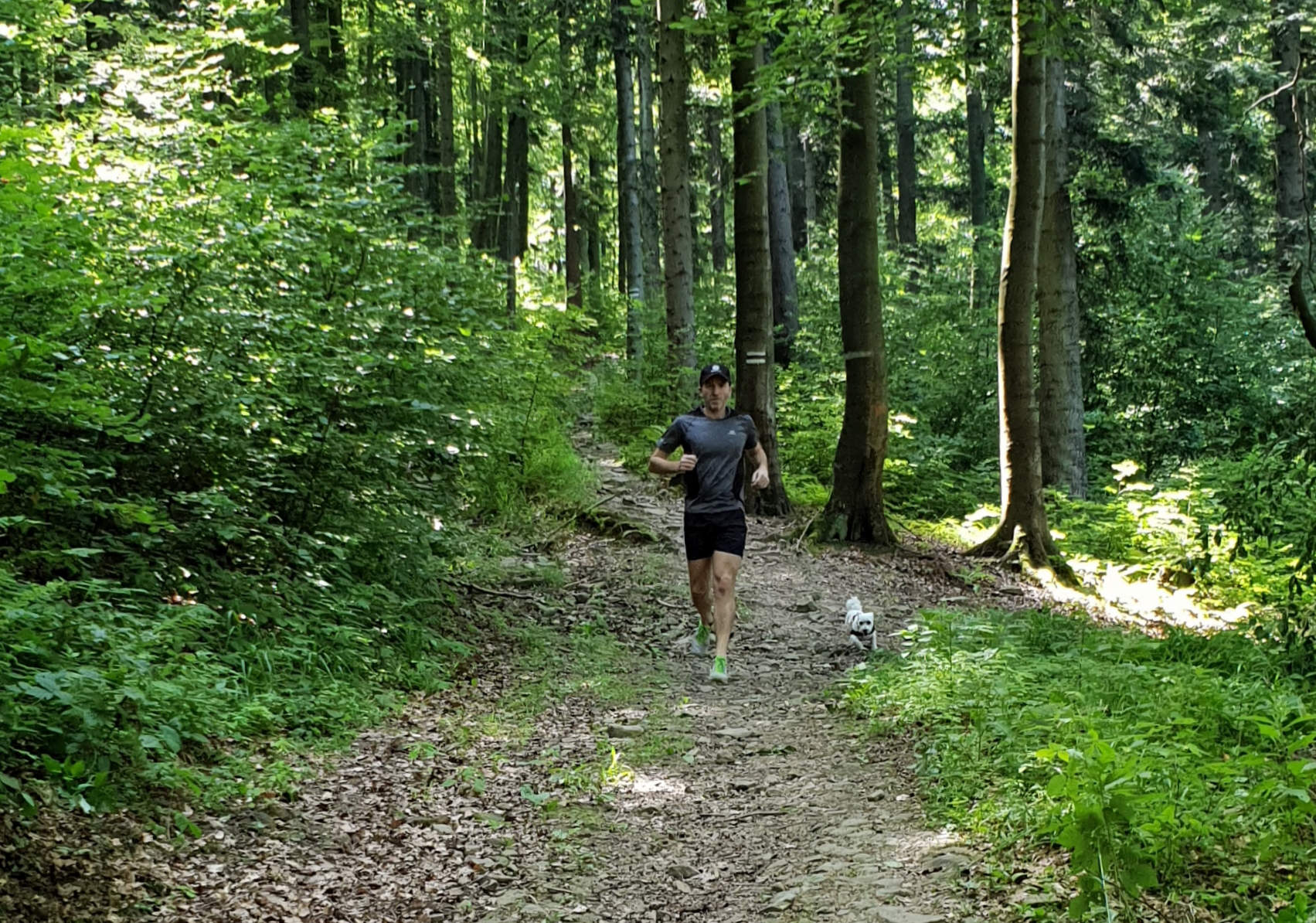
Final thoughts – listen to your DNA
There is something that just feels ‘right’ about doing good in world.
I believe the responsibility we feel to help save the planet, together with the gratification from taking personal action, derives from our genealogical desire to live in harmony with nature.
Beyond the practical necessity for urgent action, I consider there to be an almost spiritual calling from the hunter-gatherer within us to save the planet – so we can once again live within nature, not outside of it.
The concepts in this article borrow from the RUN A BETTER LIFE mindset that I cover in more detail in my book.
Category:
BlogDate:
November 25, 2021


